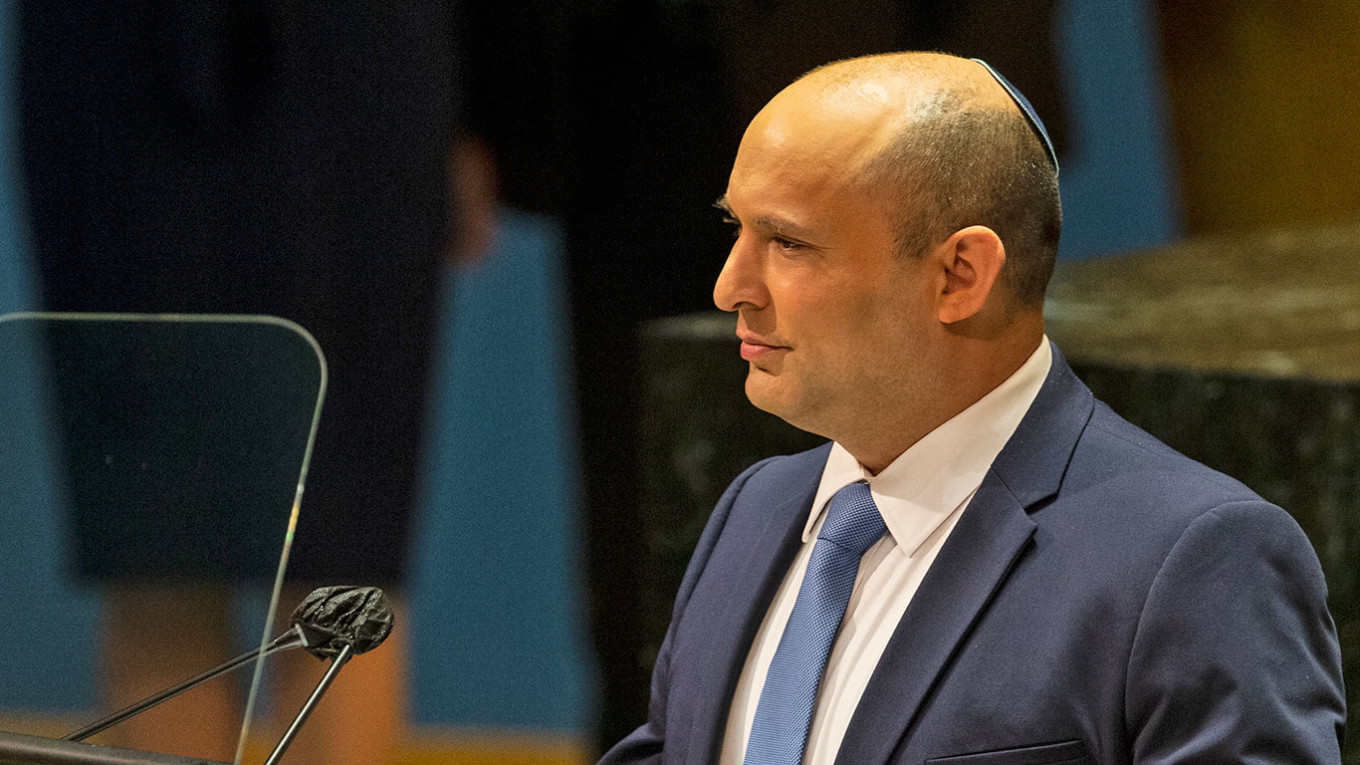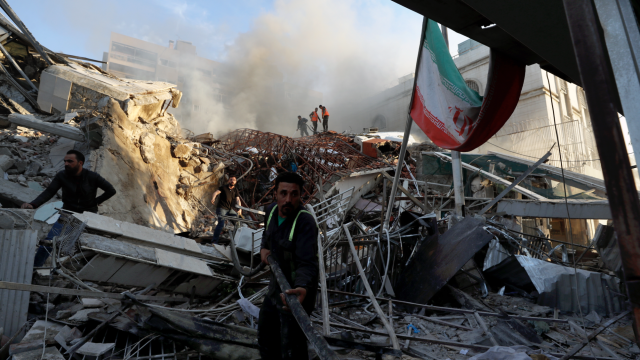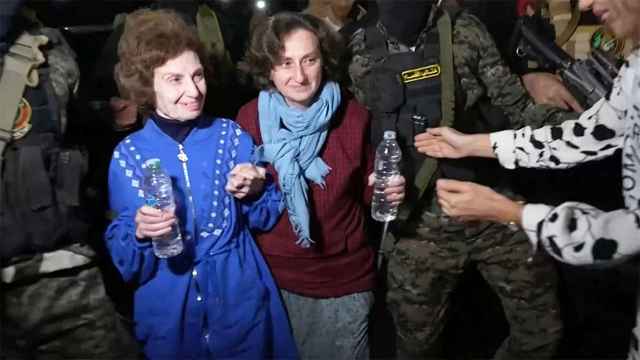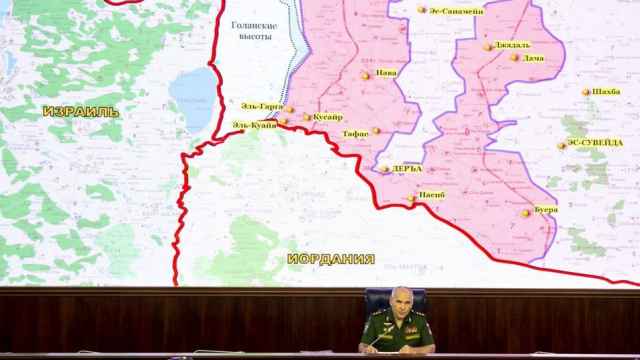Israel's Prime Minister Naftali Bennett arrived in Russia on Friday to meet with President Vladimir Putin for the first time for talks expected to focus on Iran.
Russian state television showed images of Bennett's plane landing in the Black Sea resort town Sochi, where the pair will meet.
Naftali took office in June, taking over from Benjamin Netanyahu who was in power for 12 straight years and had close ties with Putin.
As he left for Sochi on Friday, Bennett said Israel's relations with Moscow are an "important element" of the country's foreign policy.
He said this was in part due "to the million Russian speakers in Israel, who constitute a bridge between the two countries."
The visit may be one of Putin's last face-to-face meetings with a foreign leader before Russia's new Covid restrictions come into force next week.
The Kremlin has said the 69-year-old will scrap in-person meetings during a nationwide week-long holiday starting October 30 designed to curb record virus deaths.
Last week, Bennett's office said the pair will discuss Iran's nuclear program.
Moscow is one of the signatories to a 2015 deal that saw sanctions relief for Iran in exchange for limits to its nuclear capability.
Former U.S. President Donald Trump withdrew from the deal in 2018 and reimposed harsh sanctions, leading Tehran to gradually roll back its commitments under the agreement.
Bennett told the United Nations General Assembly last month that Israel "will not allow Iran to acquire a nuclear weapon."
Putin had congratulated Bennett after he was sworn in and said that Russian-Israeli cooperation would help strengthen "peace, security, and stability in the Middle East."
A Message from The Moscow Times:
Dear readers,
We are facing unprecedented challenges. Russia's Prosecutor General's Office has designated The Moscow Times as an "undesirable" organization, criminalizing our work and putting our staff at risk of prosecution. This follows our earlier unjust labeling as a "foreign agent."
These actions are direct attempts to silence independent journalism in Russia. The authorities claim our work "discredits the decisions of the Russian leadership." We see things differently: we strive to provide accurate, unbiased reporting on Russia.
We, the journalists of The Moscow Times, refuse to be silenced. But to continue our work, we need your help.
Your support, no matter how small, makes a world of difference. If you can, please support us monthly starting from just $2. It's quick to set up, and every contribution makes a significant impact.
By supporting The Moscow Times, you're defending open, independent journalism in the face of repression. Thank you for standing with us.
Remind me later.






